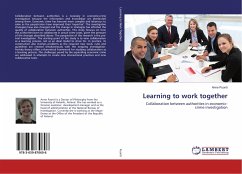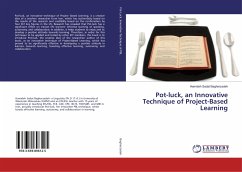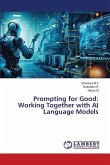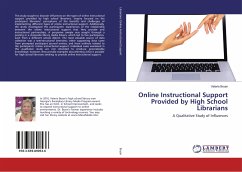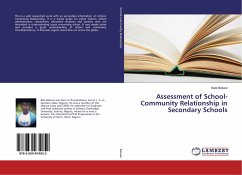Collaboration between authorities is a necessity in economic-crime investigation because the information and knowledge are distributed among them. Economic crime has become more complex and laborious to solve as the perpetrators have improved their "expertise". The investigative strategies have also changed and the change in strategies has affected the quality of collaboration between authorities. This study focuses on how the authorities learn to collaborate in actual crime cases, given the pressure of the changes described above. The perspective of this research is the pre-trial investigation. The starting point of the study is to view collaboration as a learning process, not as an ideal model to strive for. In practice, its construction also involves problems as the required new tools, rules and guidelines are created simultaneously with the ongoing investigation. Activity theory offers a theoretical framework for studying collaboration as a learning process. The challenges posed by the expanding economic crime are addressed in attempts to create new interactional practices and new collaborative tools.
Bitte wählen Sie Ihr Anliegen aus.
Rechnungen
Retourenschein anfordern
Bestellstatus
Storno

